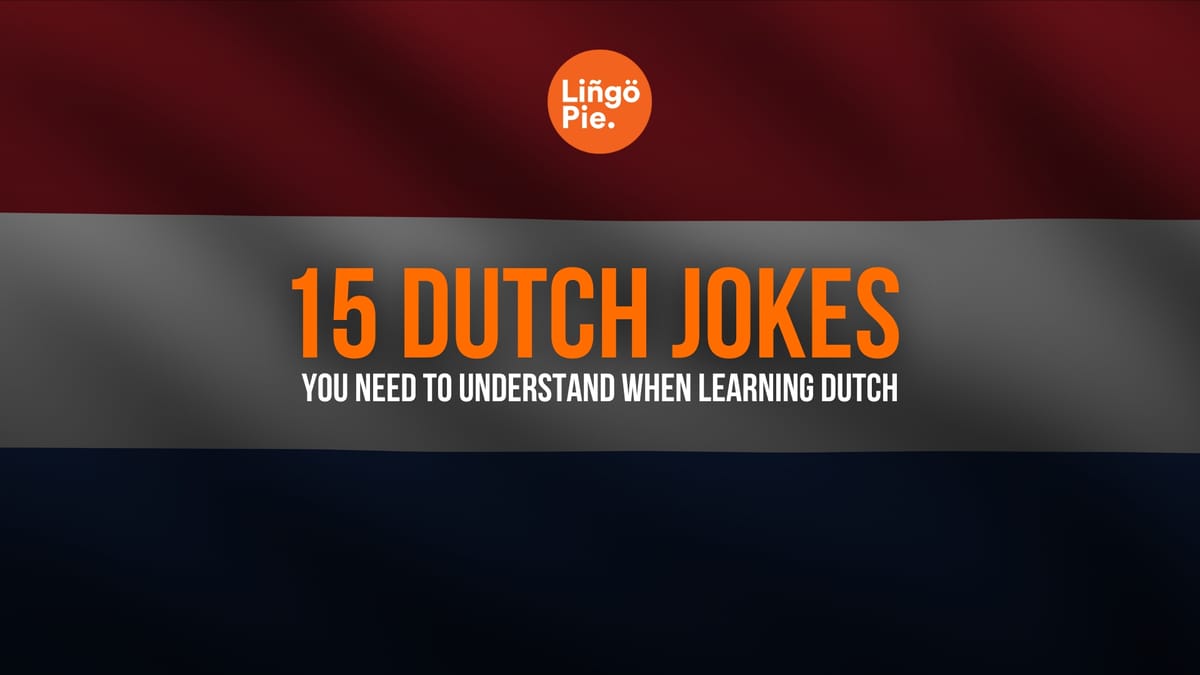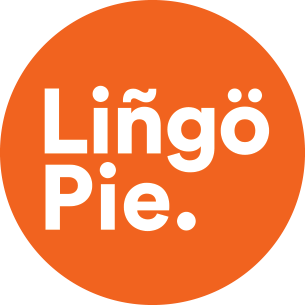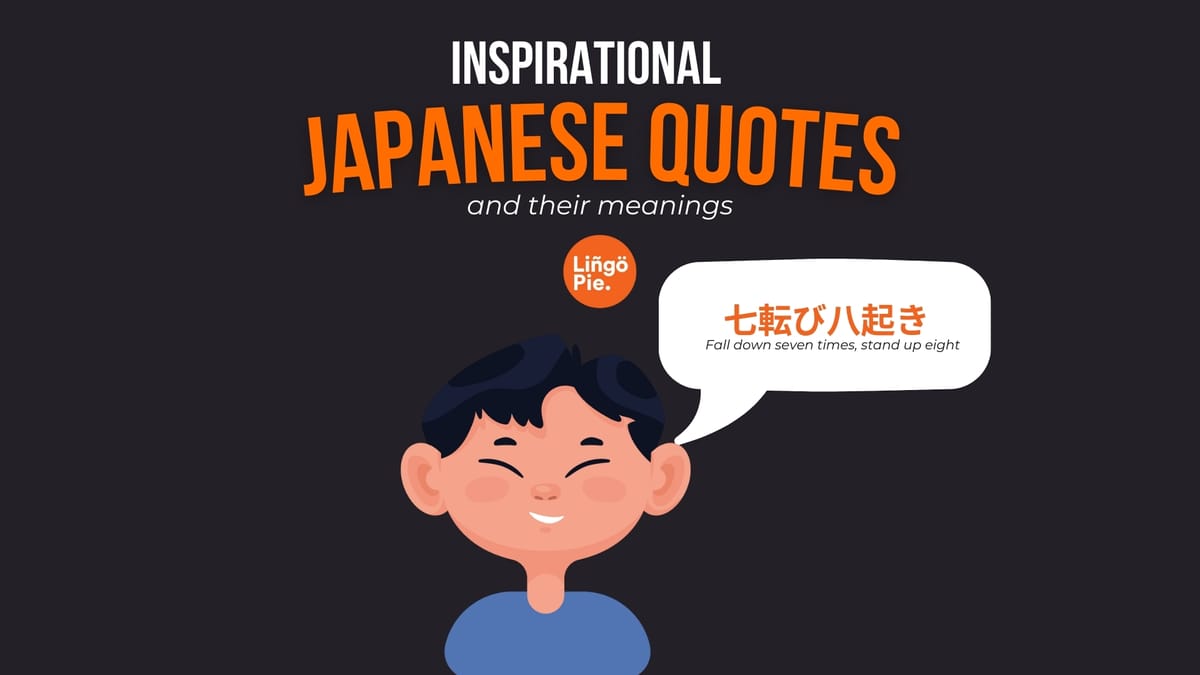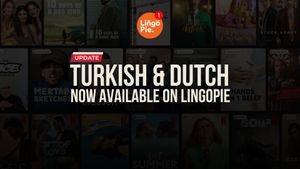Learning Dutch doesn't have to be all about grammar rules and vocabulary lists – sometimes the best way to connect with a language is through its humor. Dutch jokes offer a fantastic window into how the Dutch think, what they find funny, and how they play with words. Plus, understanding these jokes will make you feel more connected to Dutch culture and help you bond with native speakers.
To help you out, I curated 15 Dutch jokes from actual native speakers. These aren't necessarily the funniest jokes in the world (fair warning), but they're the ones you'll hear constantly if you spend time with Dutch people. Plus, knowing how to groan appropriately at a bad Dutch pun is basically a rite of passage for anyone learning the language.
- What’s The Best Way To Learn Dutch On Your Own?
- 18 Surprising Dutch Slang Words And Phrases
- Is Dutch Hard to Learn? A Complete Beginner's Guide

What Are "Jokes" in Dutch?
In Dutch, the word for joke is "grap" (pronounced KHRAP with a hard G sound). When you see multiple jokes, they become "grappen." If you want to be cute about it, you can use "grapje" for a little joke or pun. You might also hear "mop" which is another way to say joke, though it's a bit more old-fashioned.
If you want to tell someone you have a joke for them, you'd say "Ik heb een grap voor je" or ask "Ken je deze grap?" (Do you know this joke?). When someone tells a terrible pun, you can reassure them by saying "Het is maar een grapje" (It's just a joke). And if something is funny, it's "grappig."

Dutch Word Play And Puns
1. The Classic Hangover Joke
Dutch: "Waarom drinken muizen geen alcohol?"
Translation: "Why do mice not drink alcohol?"
Dutch: "Ze zijn bang voor de kater."
Translation: "They are scared of the hangover/male cat."
The joke appears to be about mice being scared of cats ("kater" = male cat), but "kater" also means hangover. So the real reason mice don't drink is they're afraid of getting a hangover, not afraid of cats.
2. The Postman and the Bus
Dutch: "De postbode gooit brieven in de bus, waarop de buschauffeur zegt: 'Hé, hou daar eens mee op!'"
Translation: "The postman throws letters in the bus, and the bus driver says: 'Hey! Stop that!'"
The postman literally throws letters into a public bus (the vehicle). The bus driver gets angry and tells him to stop. The joke is that mailboxes in Dutch are called "brievenbus" (literally "letter bus"), so the postman confused an actual bus with a mailbox because they have the same name.
3. The Nudist Beach Pun
Dutch: "Ik was laatst op een naaktstrand. Niks aan."
Translation: "I was recently at a nudist beach, nothing to it."
Someone asks how the nudist beach was. The person answers "Niks aan" which normally means "nothing special" or "no big deal." But at a nudist beach, "niks aan" literally means "nothing on" (no clothes), which is exactly what you'd expect. So it's both an assessment and a literal description.
4. The Welding Glasses Wordplay
Dutch: "Wat is een lasbril?"
Translation: "What are welding goggles?"
Dutch: "De verleden tijd van leesbril."
Translation: "The past tense of reading glasses."
In Dutch, "lezen" (to read) becomes "las" in the past tense. Reading glasses are "leesbril." Welding glasses are "lasbril" which sounds like it could be the past tense of reading glasses. It's like saying welding glasses are what reading glasses become when they've already been used.
5. The Skeleton's Key
Dutch: "Hoe maakt een skelet een deur open?"
Translation: "How does a skeleton open a door?"
Dutch: "Met zijn sleutelbeen."
Translation: "With his collarbone."
The answer plays on words: "sleutel" means key and "sleutelbeen" means collarbone. So the skeleton uses his "key bone" to open doors. Since skeletons don't have pockets for keys, he uses the key that's built into his body.

Dad Jokes In Dutch
6. The Cook's Knowledge
Dutch: "Hoe moet de steak gebakken zijn?"
Translation: "How should the steak be cooked?"
Dutch: "Weet de kok dat nou nog niet?"
Translation: "Does the cook not know that yet?"
Someone asks a cook how the steak should be prepared. Instead of giving a real answer (medium, well-done, etc.), the cook responds with another question, essentially saying "You're asking me? Shouldn't I already know this as a cook?" It's a non-answer that avoids the question entirely.
7. The Paint Riddle
Dutch: "Wat is blauw en ruikt naar rode verf?"
Translation: "What is blue and smells like red paint?"
Dutch: "Blauwe verf."
Translation: "Blue paint."
This riddle tricks you into thinking hard about what could possibly be blue but smell like red paint. The answer is simply blue paint - of course it smells like paint (because it IS paint), even though it's a different color. The humor is in how obvious the answer is once you hear it.
8. The Cowboy's Haircut
Dutch: "Gaat een cowboy naar de kapper. Komt ie buiten… pony weg."
Translation: "A cowboy goes to the hairdresser. He comes outside… pony gone."
In Dutch, "pony" means both a small horse and hair bangs/fringe. The joke sounds like the cowboy's horse disappeared while he was getting a haircut. But actually, his "pony" (bangs) were cut off by the hairdresser. Cowboys are associated with horses, so your first thought is about the animal, not his hair.

Dutch Riddles And Logical Humor
9. The Black Thing
Dutch: "Het is zwart en als het uit de boom valt, is je kachel stuk. Wat is het?"
Translation: "It's black, and if it falls out of the tree, your stove is broken. What is it?"
Dutch: "Je kachel."
Translation: "Your stove."
This riddle makes you think about what could fall from a tree and break your stove. You imagine birds, branches, or objects. But the answer is the stove itself - if your black stove fell out of a tree, it would definitely be broken. It's absurd because stoves don't grow in trees, making the logic completely ridiculous.
10. The Miller's Window
Dutch: "Waarom kijkt een molenaar altijd uit zijn raampje? Omdat hij niet door de muur kan kijken."
Translation: "Why does the windmiller always look out of his window? Because he can't look through the walls."
This sets up like there might be some special reason windmillers look out windows - maybe to check wind direction or watch customers. But the answer is hilariously practical: he looks out the window because humans can't see through solid walls. It's stating the completely obvious as if it's profound wisdom.
- 9 Chinese Jokes That Made Me Feel Fluent In Chinese
- 101 Best Puns And Jokes In Spanish That'll Make You LOL
Humorous Dutch Jokes
11. Dutch Tomato Soup
Dutch: "Welke ingrediënten heeft een Nederlander nodig om tomatensoep te prepareren?"
Translation: "What ingredients does a Dutch person need to make tomato soup?"
Dutch: "Gekookte water en een rode kom."
Translation: "Boiled water and a red bowl."
This joke mocks Dutch cooking by suggesting they make tomato soup without any tomatoes. Just hot water in a red bowl - if you squint, the red bowl might make the clear water look slightly red like tomato soup. It's a self-deprecating joke about how simple and bland Dutch food can be.

Belgian Jokes
Before diving into these jokes, you need to understand why the Dutch love making fun of Belgians. The Dutch actually consider Belgians their most likeable neighbors. These jokes are more like friendly sibling rivalry than actual meanness.
The tradition comes from historical differences: Belgium was always seen as more rural, traditional, and slower-paced compared to the bustling, merchant-minded Netherlands. Add to that the fact that Belgian Dutch sounds different (they say "nonante" for ninety instead of "negentig"), and you have perfect material for jokes.
12. The Belgian's Glasses
Dutch: "Waarom neemt een dronken Belg zijn glazen af bij een alcoholcontrole?"
Translation: "Why does a drunk Belgian take his glasses off at an alcohol check?"
Dutch: "Twee glazen minder."
Translation: "Two glasses less."
At a police alcohol check, officers ask how many drinks you've had. In Dutch, "glazen" means both eyeglasses and drinking glasses. The drunk Belgian removes his eyeglasses thinking it will reduce the count of drinks he's consumed by two glasses. It's a wordplay joke that portrays Belgians as not too bright.
13. The Round Room
Dutch: "Hoe houd je een Belg bezig?"
Translation: "How do you keep a Belgian busy?"
Dutch: "Zet een man in een ronde kamer en zeg dat er een zak friet in de hoek ligt."
Translation: "Put a man in a round room and say there's a bag of fries in a corner."
You tell a Belgian there's a bag of fries in the corner of a round room. Since round rooms have no corners, he'll search forever looking for the promised fries. It combines two Belgian stereotypes: loving fries and not being the sharpest tool in the shed.
14. The Working Match
Dutch: "Een Belg steekt een lucifer aan en blaast hem direct weer uit. 'Zo', denkt hij, 'ik houd deze, want deze werkt.'"
Translation: "A Belgian lights a match and blows it right out again. 'So', he thinks, 'I'll keep this one, because this one works.'"
The Belgian tests a match by lighting it, then blows it out immediately. He's happy because "it works" (it lit up). But he doesn't realize he just wasted a perfectly good match - once blown out, used matches don't work anymore. The logic is completely backwards, which is the point of the joke.
15. Mafketel (Crazy Kettle)
Dutch: "Die man is een echte mafketel!"
Translation: "That man is a real crazy kettle!"
Instead of using harsh curse words, Dutch people create humorous insults by combining "maf" (crazy) with random objects. This pattern is everywhere in Dutch:
- Mafketel - crazy kettle (what we just saw)
- Mafkees - combines "maf" with the name Kees, meaning a crazy guy
- Mafkezen - the plural of mafkees (multiple crazy guys)
- Maffia - not the Italian mafia, but a group of crazy people
- Mafkapper - a crazy hairdresser
The Dutch love taking everyday objects or names and making them into silly insults. You could theoretically call someone a "maffiets" (crazy bike), "maffles" (crazy bottle), or any other "maf + object" combination. It's creative, slightly insulting, but never truly offensive - perfect for Dutch directness without being mean.

Why These Jokes Matter for Dutch Learners
Understanding these jokes does more than just give you conversation starters. They reveal important aspects of Dutch culture: the directness, the self-deprecating nature, the love of wordplay, and the tendency to make light of situations.
When you use these jokes correctly, you're not just showing off your vocabulary – you're demonstrating that you understand the Dutch way of thinking. You'll find that sharing a laugh over a silly pun or groaning together at a dad joke creates real connections with Dutch speakers.
Ready To Take Your Dutch To The Next Level?
Jokes are just one piece of the puzzle when it comes to understanding Dutch culture. If you really want to master the language and catch these kinds of cultural nuances naturally, you need to immerse yourself in authentic Dutch content.
That's where Lingopie comes in.
You can get a head start on your learning by checking out how Lingopie's method works with Dutch. We use real TV shows and movies to teach languages naturally – the same kind of content where you'd actually hear these jokes being told. Just imagine being able to watch actual Dutch comedy shows, hear these puns in context, and see how native speakers react to them. Pretty cool, eh?
Give Lingopie a try now to see where your learning can take you!







![What’s The Best Way To Learn Dutch On Your Own? [2025 Guide]](/blog/content/images/size/w300/2025/04/Best-way-to-learn-Dutch.jpg)
![Counting In Dutch: A Beginner's Guide To Dutch Numbers [2025]](/blog/content/images/size/w300/2025/04/Counting-in-dutch.jpg)

